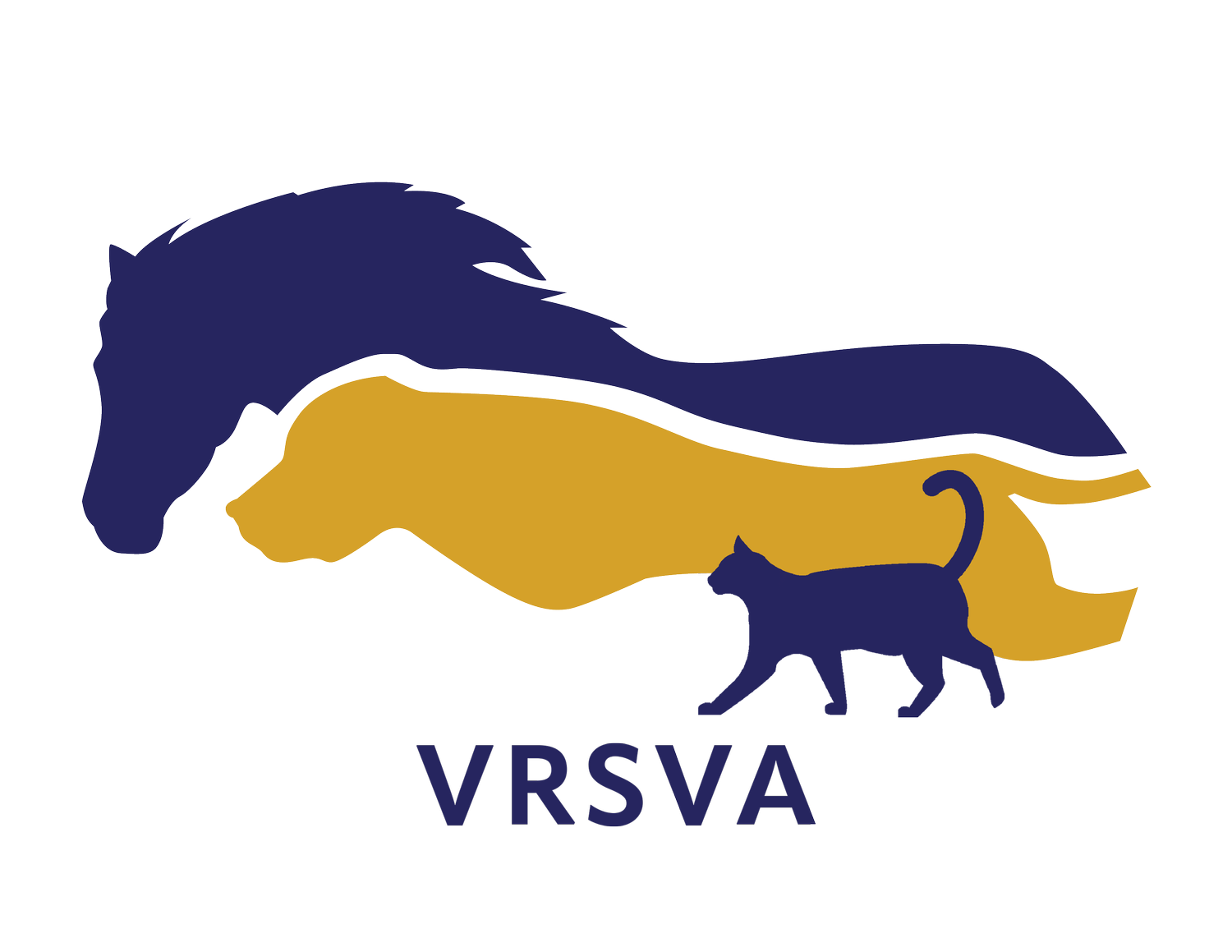Platelet Rich Plasma in Equine and Canine Rehabilitation
Platelet Rich Plasma (PRP) is an autologous, minimally invasive therapy that can be an alternative to long term oral pain medication or in some cases, surgery. PRP is produced by drawing blood from the patient into a specialized tube and spun down in a specific centrifuge to separate the plasma and the platelets from the rest of the blood cells. The white cells remain separated at the bottom of the plasma and can be included in the treatment, or left behind depending on whether or not leukocyte rich or leukocyte poor PRP is indicated. The therapeutic effect of PRP is largely due to the degranulation of the platelets. This leads to growth factors being released that will help modulate the healing response of the damaged tissue. PRP has been shown to promote healing by attracting new cells and enhancing the proliferation and differentiation of these cells.
Tendons, ligaments and cartilage all have poor regenerative capabilities and the repaired tissue is often inferior to the original tissue. PRP treated tendon and ligament lesions heal with improved strength and elasticity and have a lower re-injury rate. Joint therapy with PRP is safe and has less deleterious side effects than steroids.
Canine cases that are shown to do well with PRP therapy:
Osteoarthritis - including: hip dysplasia, shoulder, elbow, and stifle arthritis
Knee injuries - partial tears of the cruciate ligament
Soft tissue injuries such as ligament, tendon or muscle strains. (Ex: Iliopsoas strains, Supraspinatus strains, Gracillis contracture)
Non-healing wounds
Corneal scratches
Burns
Equine cases that are treated with PRP therapy:
Osteoarthritis
Tendons, ligament or cartilage injuries
Non-healing wounds
Corneal scratches
Burns
Canine and feline patients can be evaluated at either our Gordonsville or Fredericksburg locations to discuss PRP therapy and if it is an appropriate therapy for your animal. Equine patients can only be treated at our Gordonsville location.
Have questions about PRP? Contact VRSVA via phone or email to discuss this therapy with one of our specialists today!




